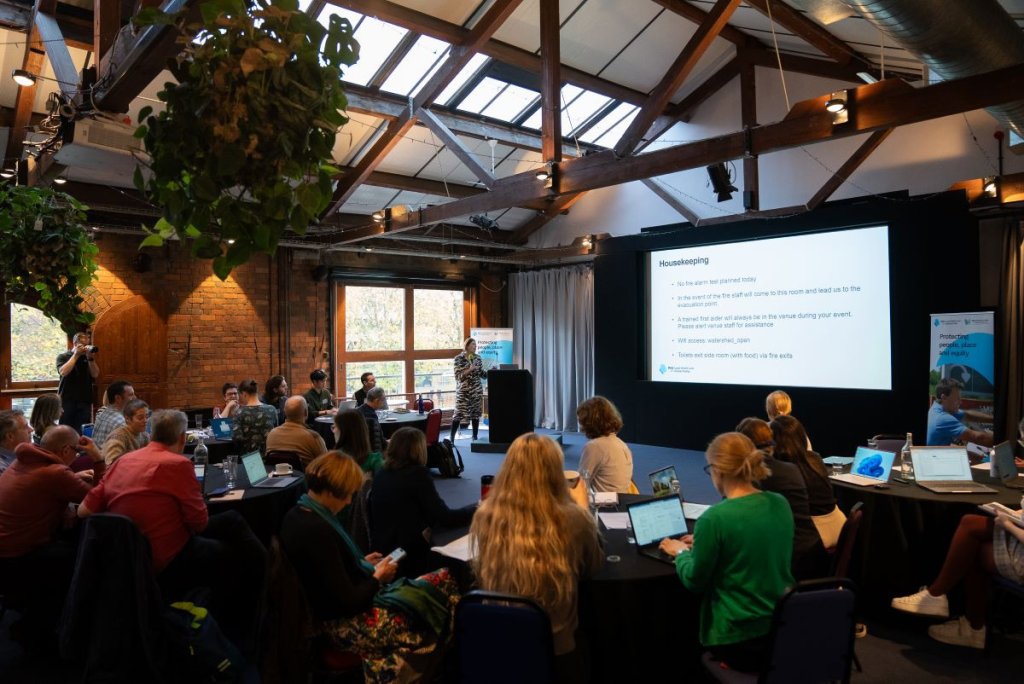Call for urgent global action on Non-Communicable Diseases (NCDs). With 19 million deaths annually linked to commercial health harms, a new commentary calls for stronger regulations to address these causes of NCDs in the lead up to the 2025 UN High-Level Meeting on NCDs.
Protecting public health from corporate influence. The paper emphasises the need for policies similar to those in tobacco control to safeguard public health from harmful corporate interests in industries like food, alcohol, and fossil fuels.
Lessons from Tobacco Control
A commentary published in The Lancet describes how tobacco control strategies offer crucial lessons for combating commercially driven health harms, such as those linked to ultra-processed food, alcohol, and fossil fuels. The commentary, Protecting Future Generations from Commercially Driven Health Harms: Lessons from Tobacco Control is co-authored by Professor Anna B. Gilmore and Dr. Amber van den Akker from the PHI UK Local Health and Global Profits consortium and University of Bath’s Tobacco Control Research Group. It highlights two essential lessons to be drawn from tobacco control:
the need to protect health policies from corporate influence
the urgent necessity to address the complex systems that drive global ill-health.
Anna Gilmore, Professor Department of Public Health; Director Tobacco Control Research Group (TCRG) and Co-Director Centre for 21st Century Public Health, University of Bath, said:
The progress made in tobacco control demonstrates that a firm stand against corporate interests can significantly reduce harm, but without wider systemic reform, long-term advances will remain under threat.
Preparing for 2025
As the world prepares for the 2025 UN High-Level Meeting on NCDs, the lessons learned from tobacco control draw attention to the importance of a comprehensive, systemic approach to protect future generations from commercially-driven harms.
Over 40% of NCD deaths annually are linked to the tobacco, ultra-processed food, alcohol, and fossil fuel industries. And yet, progress on addressing these commercially-driven harms remains limited. Lessons from tobacco control can support effective action by showing how the wider system within which policies are developed and implemented needs to be considered. For example, the WHO’s FCTC Article 5.3 shows the importance of shielding public health policies from corporate interference as a key part of enabling public health policy.
Amber van den Akker, Research Associate at the University of Bath Department of Health, points out that:
industries who derive profit from the production and sale of unhealthy commodities have a fundamental conflict of interest with public health.
Until governments recognise this, exclude these industries from the policy formulation process and move away from ineffective voluntary partnership approaches, progress will remain limited.
While tobacco control has made enormous gains, its history also shows how industries adapt to evade regulations, as seen with some tobacco industries’ pivot to new addictive products such as e-cigarettes, oral nicotine and cannabis. The piece urges governments to adopt stronger policies, increase transparency in the policy process, and hold industries accountable for health harms through regulatory approaches.
As Anna Gilmore states:
We must reshape systems that allow profits at the expense of health.
Collective action is critical, especially ahead of the 2025 High-Level Meeting on NCDs.
Find out more
Read the full paper Protecting Future Generations from Commercially Driven Health Harms: Lessons from Tobacco Control. Anna B Gilmore Amber van den Akker, The Lancet 2024. DOI: 10.1016/S0140-6736(24)01128-0
For enquiries please contact: lhgp@bath.ac.uk
This research were supported by UK Research and Innovation funding for the Local Health and Global Profits Consortium (MR/Y030753/1) which is part of Population Health Improvement UK (PHI UK), a national research network that works to transform health and reduce inequalities through change at the population level, as well as Bloomberg Philanthropies.





